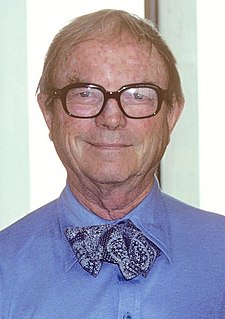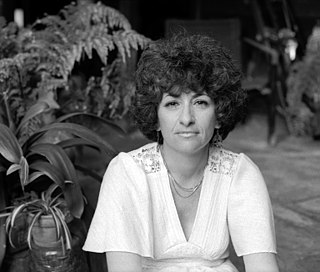A Quote by Georg C. Lichtenberg
The most dangerous untruths are truths slightly distorted.
Related Quotes
It was possible, maybe, to have facts in your mind that weren't facts at all. You could build a whole life's story on false assumptions. You could make truths out of untruths and untruths out of truths. Until you spoke them, really said them out loud or checked for sure, you may not have known which were which.
Teddy grinned again. 'Truths are dangerous,' he said. -'Then why are you writing them in a book?' -'To catch them between the pages,' said Teddy, 'and trap them before they disappear.' -'If they're dangerous, why not let them disappear?' -'Because when truths disappear, they leave behind blank spaces, and that is also dangerous.
If you have a sense of irony or humour, you're usually cut down, as you're usually distorted or misinterpreted. So it does lead to us being slightly more dour and staid and predictable than would otherwise be the case, which I personally find quite frustrating - because if you don't laugh occasionally in my job, you cry most of the time.
There are several kinds of truths, and it is customary to place in the first order mathematical truths, which are, however, only truths of definition. These definitions rest upon simple, but abstract, suppositions, and all truths in this category are only constructed, but abstract, consequences of these definitions ... Physical truths, to the contrary, are in no way arbitrary, and do not depend on us.
All rituals are paradoxical and dangerous enterprises, the traditional and improvised, the sacred and the secular. Paradoxical because rituals are conspicuously artificial and theatrical, yet designed to suggest the inevitability and absolute truth of their messages. Dangerous because when we are not convinced by a ritual we may become aware of ourselves as having made them up, thence on the paralyzing realization that we have made up all our truths; our ceremonies, our most precious conceptions and convictions - all are mere inventions.
There are different kinds of truths for different kinds of people. There are truths appropriate for children; truths that are appropriate for students; truths that are appropriate for educated adults; and truths that are appropriate for highly educated adults, and the notion that there should be one set of truths available to everyone is a modern democratic fallacy. It doesn't work.




































